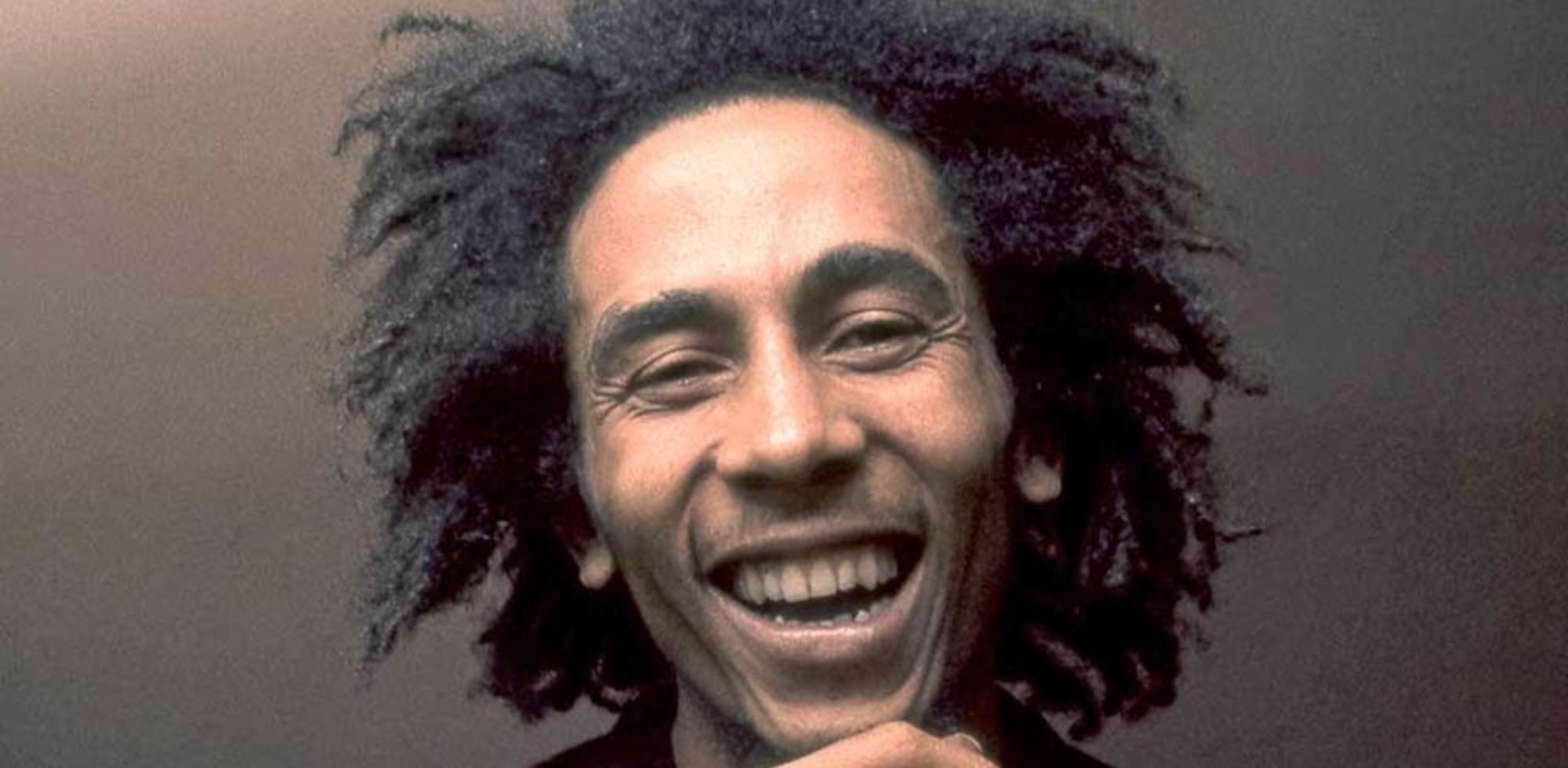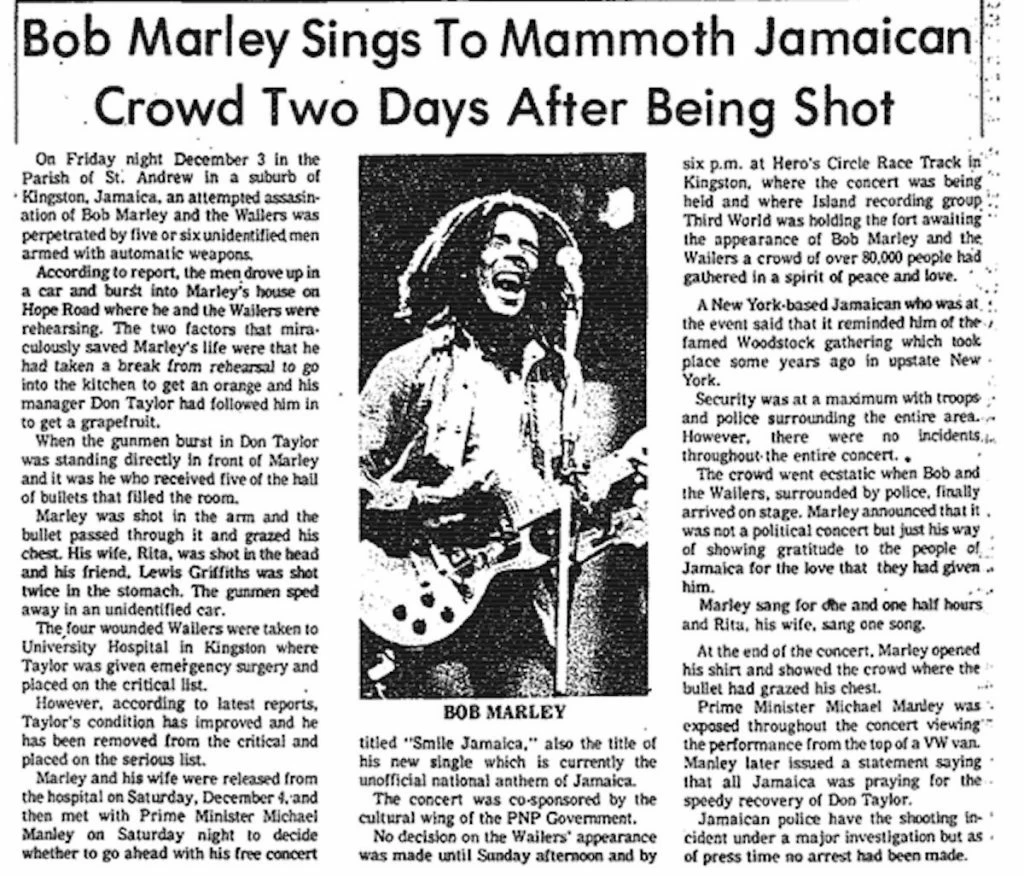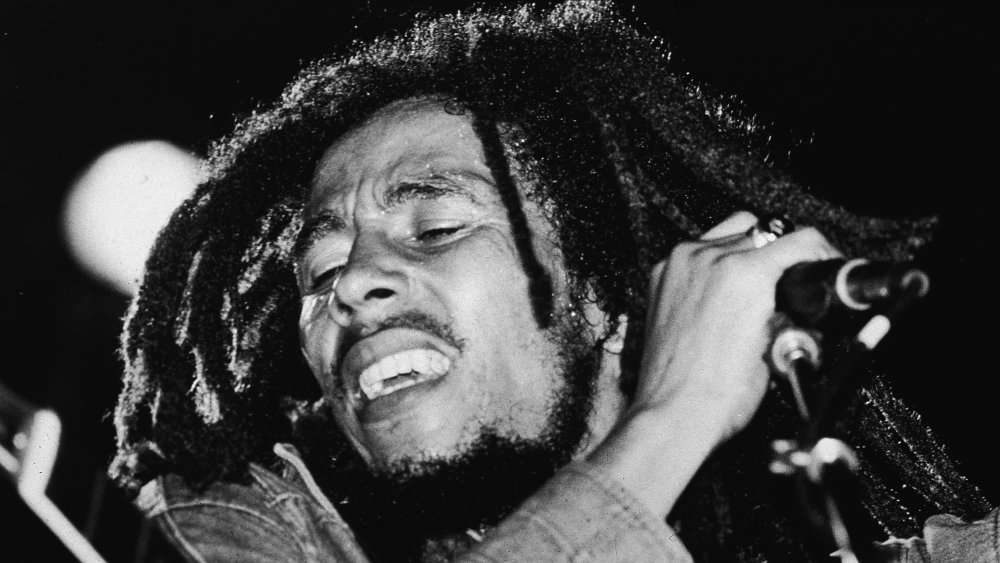How Bob Marley Died: The Untold Story Of A Legend's Final Days
When we talk about legends, Bob Marley is one of those names that will always echo through time. His music, his message, and his life have left an indelible mark on the world. But the question remains, how did Bob Marley die? It's a story filled with twists, medical mysteries, and the relentless spirit of a man who refused to give in until the very end. So, let's dive deep into the details of how Bob Marley passed away and uncover the truth behind his final journey.
Bob Marley's legacy isn't just about the music; it's about the man himself. He was more than a reggae icon; he was a symbol of resistance, hope, and unity. But behind the fame and the concerts that rocked stadiums, there was a battle no one saw coming—a battle with cancer. Today, we're here to explore how Bob Marley died and the impact it had on his family, fans, and the world.
This article isn't just about the facts. It's about understanding the man, the disease, and the choices he made. We'll break it down step by step, so you can get a clear picture of what happened during those final days. So, grab your favorite drink, and let's unravel the story of how Bob Marley left this world but never our hearts.
Read also:Jackerman 3d The Revolutionary Force In The World Of 3d Printing
Bob Marley's Early Life: The Roots of a Legend
Before we dive into how Bob Marley died, let's take a trip back to where it all began. Bob Marley was born on February 6, 1945, in Nine Mile, Saint Ann Parish, Jamaica. His full name was Robert Nesta Marley, and his life was shaped by the struggles of growing up in a racially divided society. His father, Norval Sinclair Marley, was a white Jamaican of English descent, while his mother, Cedella Booker, was a Black Jamaican. This unique blend of cultures gave him a perspective that would later influence his music.
Bob grew up in a humble environment, surrounded by the rhythms of the streets and the sounds of nature. It was during these early years that he discovered his love for music. He began playing the guitar and writing songs, inspired by the struggles of his community. This passion would eventually lead him to form The Wailers, a band that would change the face of reggae music forever.
The Rise of a Reggae Icon
By the late 1960s, Bob Marley had already made a name for himself in the music industry. The Wailers' sound was raw, powerful, and deeply rooted in the experiences of everyday Jamaicans. Songs like "No Woman, No Cry" and "Get Up, Stand Up" became anthems for the oppressed and the voiceless. Bob's music wasn't just entertainment; it was a call to action, a message of hope, and a reminder of the power of unity.
As his fame grew, so did his influence. Bob Marley became a global symbol of peace, love, and resistance. He used his platform to speak out against injustice and inequality, becoming a voice for the marginalized. But little did anyone know that beneath the surface, a silent battle was brewing—one that would eventually claim his life.
How Did Bob Marley Die? The Beginning of the End
In 1977, Bob Marley noticed a small sore on his toe. At first, he thought it was just a minor injury from playing soccer, his favorite pastime. But as time went on, the sore didn't heal. Concerned, he sought medical attention and was diagnosed with malignant melanoma, a form of skin cancer. This revelation was a shock to everyone, including Bob himself.
Despite the diagnosis, Bob refused to undergo the recommended amputation of his toe. As a devout Rastafarian, he believed that his body was a temple, and removing any part of it went against his spiritual beliefs. Instead, he opted for alternative treatments and continued to perform, believing that music was his medicine.
Read also:Wentworth Miller Wife The Untold Story Yoursquove Been Waiting For
Understanding Malignant Melanoma
Malignant melanoma is one of the deadliest forms of skin cancer, and it doesn't discriminate. While it's often associated with sun exposure, it can also occur in areas of the body that aren't typically exposed to sunlight, like the soles of the feet. In Bob Marley's case, the cancer was likely caused by a combination of genetic factors and environmental influences.
Here are some key facts about malignant melanoma:
- It's the most aggressive type of skin cancer.
- Early detection is crucial for successful treatment.
- Surgery, including amputation, is often recommended for advanced cases.
- Alternative treatments can help manage symptoms but may not cure the disease.
Bob Marley's Final Tour: The Exodus Continues
Even as his health deteriorated, Bob Marley refused to let cancer define him. In 1980, he embarked on what would be his final tour, the "Uprising Tour." The band played across Europe, captivating audiences with their powerful performances. However, the strain of touring and performing began to take its toll on Bob's body.
During a concert in Stuttgart, Germany, Bob collapsed on stage. It was a moment that shocked fans and band members alike. The cancer had spread to his lungs and brain, and the end was near. Despite this, Bob remained determined to continue performing, believing that his music was his lifeblood.
Bob Marley's Final Concert: A Tribute to a Legend
The last concert Bob Marley ever performed was on September 23, 1980, at the Stanley Theater in Pittsburgh, Pennsylvania. It was a night filled with emotion, energy, and love. The audience was unaware of just how sick Bob really was, and he gave it his all, playing for over two hours. It was a fitting farewell to a man who lived and breathed music.
After the concert, Bob returned to Jamaica, hoping to spend his final days surrounded by family and friends. But his condition worsened, and he was eventually flown to Germany for treatment under the care of Dr. Josef Issels, a specialist in alternative cancer therapies.
The Final Days: Bob Marley's Journey to Eternal Peace
In May 1981, Bob Marley's health continued to decline. He expressed a desire to return to his home in Jamaica, but the long flight proved too much for his weakened body. On May 11, 1981, Bob Marley passed away in a hospital in Miami, Florida, at the age of 36. His final words to his son Ziggy were, "Money can't buy life," a testament to his belief in the power of love and spirituality over material wealth.
Bob's death was a shock to the world, but his legacy lived on. His music continued to inspire millions, and his message of peace and unity resonated across generations. Today, Bob Marley is remembered not just as a musician but as a cultural icon who changed the world with his voice.
A Tribute to Bob Marley's Life
Here's a quick look at some key moments in Bob Marley's life:
- Born on February 6, 1945, in Nine Mile, Jamaica.
- Formed The Wailers in the early 1960s.
- Released iconic albums like "Exodus" and "Legend."
- Diagnosed with malignant melanoma in 1977.
- Passed away on May 11, 1981, in Miami, Florida.
Bob Marley's Legacy: A Message That Lives On
Even decades after his death, Bob Marley's influence can still be felt around the world. His music continues to inspire people from all walks of life, and his message of love, peace, and unity remains as relevant today as it was during his lifetime. Bob Marley wasn't just a musician; he was a philosopher, a poet, and a revolutionary whose voice transcended borders and barriers.
But how did Bob Marley die? The answer lies in his unwavering commitment to his beliefs and his refusal to give in to the disease that ultimately claimed his life. His story is a reminder that life is fragile, but the impact we leave behind can last forever.
Bob Marley's Impact on the World
Bob Marley's influence extends far beyond the music industry. Here are some ways he has left his mark on the world:
- He brought reggae music to a global audience.
- His songs have become anthems for social justice movements.
- He inspired countless artists across genres.
- His message of love and unity continues to resonate with people of all ages.
Biography of Bob Marley
Personal Details
| Full Name | Robert Nesta Marley |
|---|---|
| Birth Date | February 6, 1945 |
| Birth Place | Nine Mile, Saint Ann Parish, Jamaica |
| Death Date | May 11, 1981 |
| Death Place | Miami, Florida, USA |
| Occupation | Musician, Songwriter |
Lessons from Bob Marley's Life and Death
Bob Marley's story teaches us many valuable lessons about life, death, and legacy. He showed us that even in the face of adversity, we can choose to live with purpose and passion. His refusal to give up on his dreams, even as his body failed him, is a testament to the power of the human spirit.
One of the most important lessons we can take from Bob Marley's life is the importance of staying true to ourselves. Whether it's through our beliefs, our art, or our actions, authenticity is key to leaving a lasting impact on the world. Bob Marley didn't just sing about love and unity; he lived it every day, and that's why his legacy endures.
Conclusion: Remembering Bob Marley
In conclusion, how Bob Marley died is just one part of his incredible story. His life was a celebration of music, culture, and humanity, and his death was a reminder of the fragility of life. But his legacy lives on, inspiring millions to embrace the power of love and unity.
So, the next time you listen to a Bob Marley song, take a moment to reflect on the man behind the music. Think about the struggles he faced, the battles he fought, and the message he left behind. And if you feel moved, share this article with someone you care about. Let's keep Bob Marley's spirit alive by spreading his message of peace and love.
Table of Contents:
- Bob Marley's Early Life: The Roots of a Legend
- The Rise of a Reggae Icon
- How Did Bob Marley Die? The Beginning of the End
- Understanding Malignant Melanoma
- Bob Marley's Final Tour: The Exodus Continues
- Bob Marley's Final Concert: A Tribute to a Legend
- The Final Days: Bob Marley's Journey to Eternal Peace
- Bob Marley's Legacy: A Message That Lives On
- Bob Marley's Impact on the World
- Biography of Bob Marley


